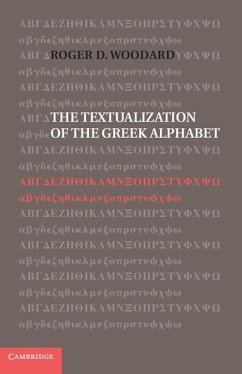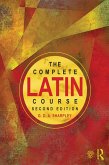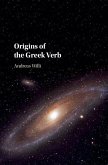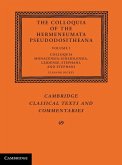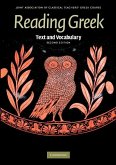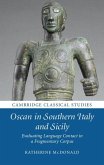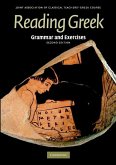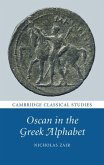In this book, Roger D. Woodard argues that when the Greeks first began to use the alphabet, they viewed themselves as participants in a performance phenomenon conceptually modeled on the performances of the oral poets. Since a time older than Greek antiquity, the oral poets of Indo-European tradition had been called 'weavers of words' - their extemporaneous performance of poetry was 'word weaving'. With the arrival of the new technology of the alphabet and the onset of Greek literacy, the very act of producing written symbols was interpreted as a comparable performance activity, albeit one in which almost everyone could participate, not only the select few. It was this new conceptualization of and participation in performance activity by the masses that eventually, or perhaps quickly, resulted in the demise of oral composition in performance in Greece. In conjunction with this investigation, Woodard analyzes a set of copper plaques inscribed with repeated alphabetic series and a line of what he interprets to be text, which attests to this archaic Greek conceptualization of the performance of symbol crafting.
Dieser Download kann aus rechtlichen Gründen nur mit Rechnungsadresse in A, B, BG, CY, CZ, D, DK, EW, E, FIN, F, GR, HR, H, IRL, I, LT, L, LR, M, NL, PL, P, R, S, SLO, SK ausgeliefert werden.

